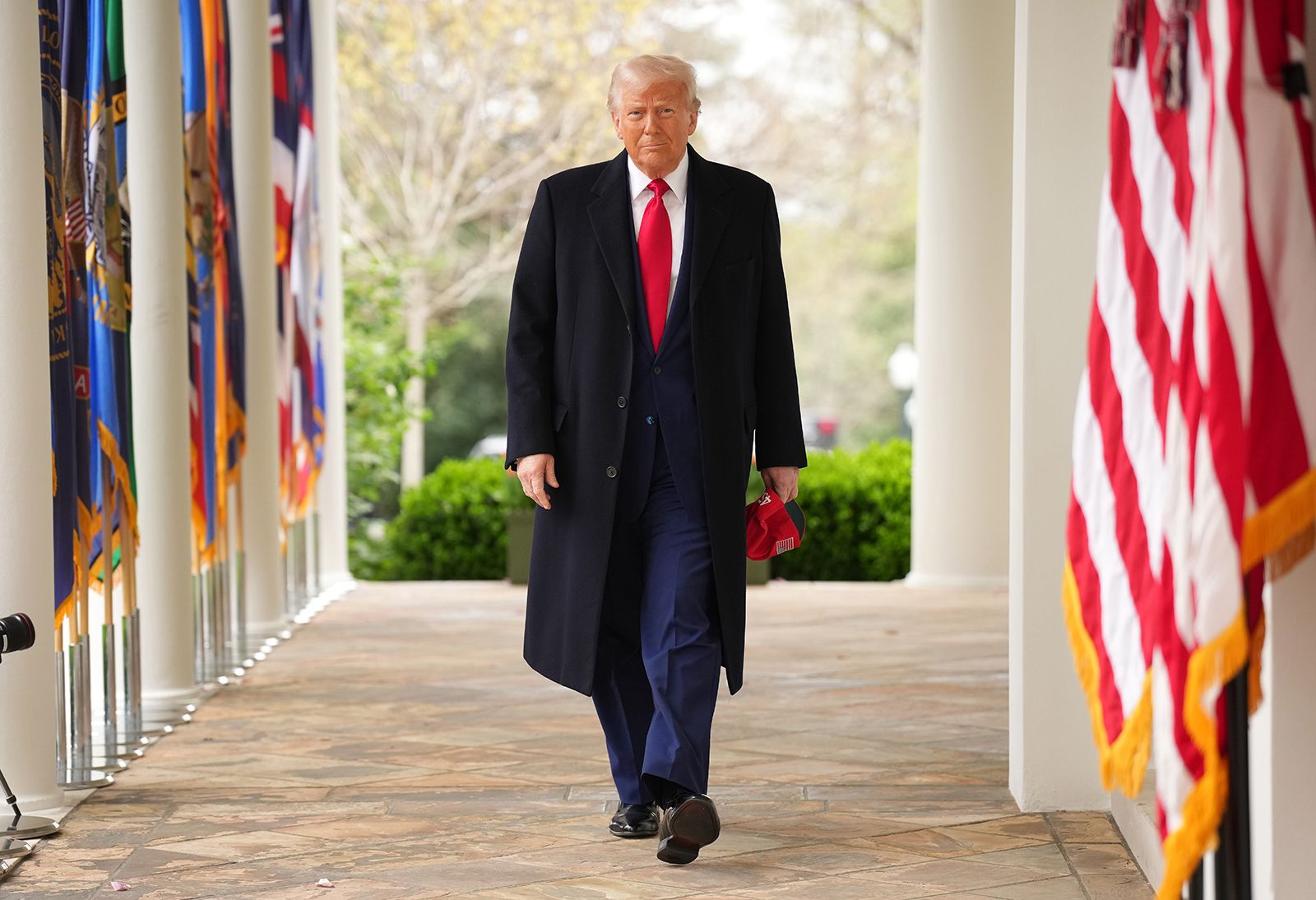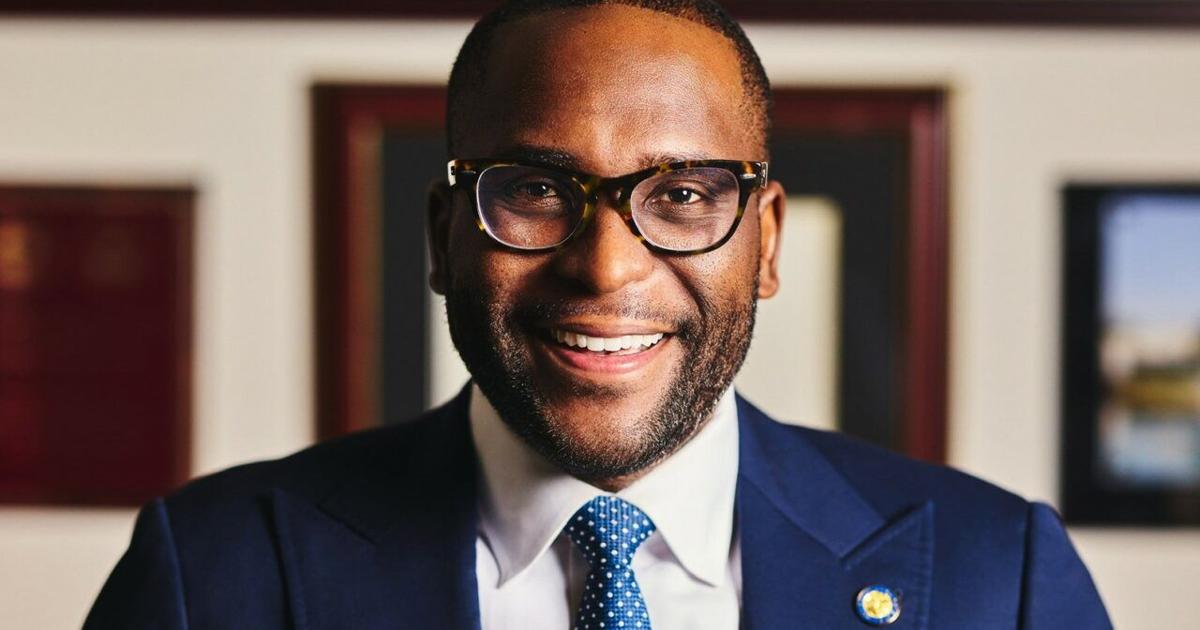- BlackVoter.Org
- Posts
- BlackVoter.Org
BlackVoter.Org


In "Reparations – A Leftist Scheme to Retain the Black Vote?", Graham J. Noble argues that the renewed Democratic push for reparations is less about justice and more about regaining lost support from Black voters.
With Republican Donald Trump securing a notable share of the Black vote, Democrats may resort to financial incentives—essentially a strategy to lure votes with promises of reparations, which Noble suggests is condescending. He highlights the complexities of determining who qualifies for reparations, pondering the logistical challenges of verifying ancestral claims amid a diverse population.
Ultimately, Noble views the reparations narrative as a left-wing ploy to redistribute wealth rather than a genuine effort to address America's racially charged history. As the 2026 and 2028 elections approach, he suggests these reparations efforts may serve primarily as a tactic to rally undecided voters.

In an analysis by Stephen Collinson, CNN explores the limits of Donald Trump’s presidential power amid his ambitious agenda. While Trump's strongman image is reinforced by grand displays of authority during international encounters, the reality reveals significant challenges.
Foreign leaders like China’s Xi Jinping and Russia’s Vladimir Putin have demonstrated that they won’t easily bend to Trump's will, often pushing back against his aggressive strategies. Domestically, Trump has exercised considerable influence, intimidating opponents and utilizing executive power for his aims.
However, this unchecked authority comes with risks; policies like tariffs are encountering backlash that could jeopardize his standing. As he seeks to establish a legacy, the efficacy of his political capital with Republican lawmakers will be pivotal, especially with his major legislative proposals on the table.
Ultimately, the quest for control highlights the intricate dance of power in the modern presidency—where perception often battles with reality.

South African President Cyril Ramaphosa is set to meet with President Donald Trump next week amid controversial claims of "genocide" against white farmers in South Africa. The South African government has firmly denied these allegations, emphasizing that Afrikaners are economically thriving and not facing persecution.
Despite this, the U.S.
recently welcomed a group of 49 white South Africans as refugees, which Trump cites as part of a broader initiative for Afrikaner relocation. Ramaphosa’s upcoming meeting on May 21 aims to reset relations between the two nations.
This decision to expedite Afrikaner refugee status has sparked debate, especially in light of stricter refugee admissions for other groups. Meanwhile, a federal judge has criticized the Trump administration's handling of broader refugee policies.
As tensions rise, all eyes will be on this pivotal meeting to see how it may reshape the narrative surrounding South Africa's treatment of its minority farmers.


Meet Oyinlola Oluka, a rising star at UMBC, where she’s pursuing political science and philosophy with no limits in sight! A first-generation Nigerian American, Oyinlola has always dreamed of becoming a lawyer, dedicated to human rights and accountability in Africa. Inspired by her sister’s journey at UMBC, she dove into classes that illuminated the path to her ultimate goal: becoming an international human rights judge.
With a passion for helping others, she’s engaged in numerous activities from serving as a tutor to working at the Baltimore City Juvenile Justice Center, all while embracing campus life with organizations like the Black Student Union. Oyinlola’s commitment to justice is palpable, underscored by awards for her academic achievements and hands-on research, shaping her as a future legal advocate.

Target CEO Brian Cornell has finally broken weeks of silence amid growing criticism over the company’s retreat from its diversity, equity, and inclusion (DEI) commitments. In an email to employees, Cornell acknowledged the turmoil caused by falling foot traffic and public boycotts, asserting that Target's core values remain unchanged.
Despite losing over $15 billion this year and facing severe backlash from Black leaders, he reassured staff that "we are still the Target you know.” Critics are less convinced, citing the lack of accountability in Cornell’s message.
Retail analysts pointed out that foot traffic is still down, and the response comes too late to quell mounting dissatisfaction. With protests led by Black organizations intensifying, including calls for a national boycott, Cornell has met with civil rights leaders to discuss the fallout.
As Target's reputation hangs in the balance, the company faces a challenging path ahead.

Join State Senator Shevrin Jones in Miami Gardens on May 31 for "The People’s Meetup," a dynamic town hall focused on the pressing "State of Black America" and empowering voters! This engaging event promises to ignite meaningful conversations with notable speakers like U.S.
Rep. Jasmine Crockett and civil rights attorney Ben Crump, who has advocated for justice in high-profile cases.
Jones, the first openly gay Black lawmaker in Florida, aims to foster grassroots mobilization and civic engagement through honest dialogue about critical issues impacting the community. With a coalition of influential organizations including Black Voters Matter and the NAACP, this isn’t just another town hall—it’s a vibrant gathering designed to inspire and build collective power.